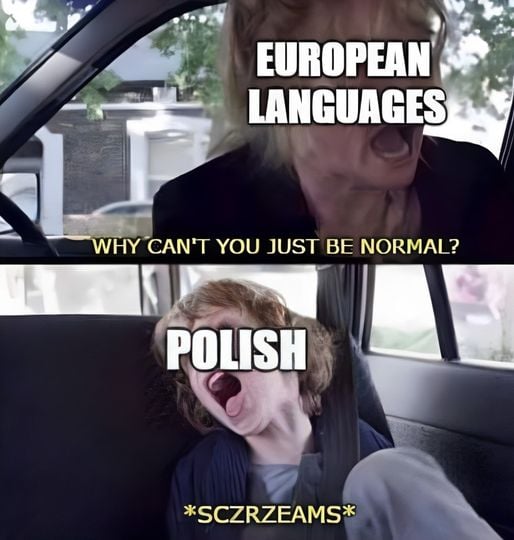this post was submitted on 24 Oct 2024
973 points (98.4% liked)
memes
16728 readers
2091 users here now
Community rules
1. Be civil
No trolling, bigotry or other insulting / annoying behaviour
2. No politics
This is non-politics community. For political memes please go to !politicalmemes@lemmy.world
3. No recent reposts
Check for reposts when posting a meme, you can only repost after 1 month
4. No bots
No bots without the express approval of the mods or the admins
5. No Spam/Ads/AI Slop
No advertisements or spam. This is an instance rule and the only way to live. We also consider AI slop to be spam in this community and is subject to removal.
A collection of some classic Lemmy memes for your enjoyment
Sister communities
- !tenforward@lemmy.world : Star Trek memes, chat and shitposts
- !lemmyshitpost@lemmy.world : Lemmy Shitposts, anything and everything goes.
- !linuxmemes@lemmy.world : Linux themed memes
- !comicstrips@lemmy.world : for those who love comic stories.
founded 2 years ago
MODERATORS
you are viewing a single comment's thread
view the rest of the comments
view the rest of the comments

I'm learning Polish, and spelling (rz dz sz cz ł and ą ę ż ś) is all fine for me-- the thing I struggle with is the grammatical cases. The fact that the ending of everything changes is what has caused me to give up twice 🥺
I will pick it up again, but I sucked at the Masculine/Feminine thing with French, and this is a lot more difficult.
CAT:
Przepraszam moja drogi!!
Looks weired but a sound of C and T has to be somehow connected, at least it feels like they are to me. Based on my experience, sound of Polish Ć and Czech Ť are transitional between Polish/Czech T/C. Proper linguist might put some more light on it than just my speculation.
Our C is reffered in IPA as joined "TS" sound, so there is definitely some merit to that
Polish C is also described as /t͡s/ (e.g. co /t͡sɔ/). According to wiki both are dental and voiceless although one is plosive and the other affricate. As I've read their descriptions on wiki, they made a lot of sense - /t͡s/ starts with a blockade of airway (just as /t/) but the air is released slightly differently thus making the difference in sound produced.
The T turning into C is called somehow, I don't remember how, but it's used quite often. For example, "expensive" and "more expensive" would be "drogo" and "drożej". I think there were even some tables for all the transformations, but I might misremember things